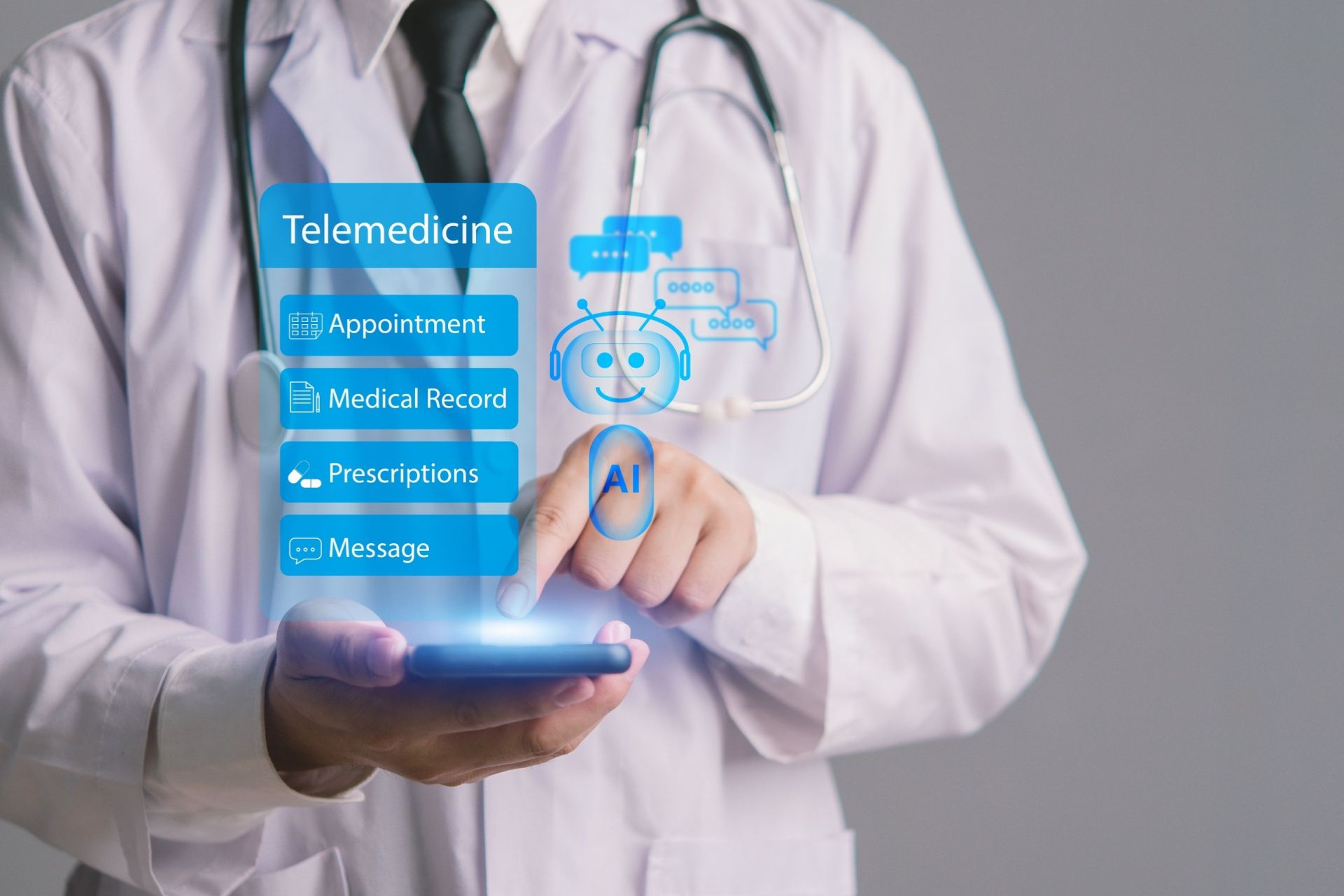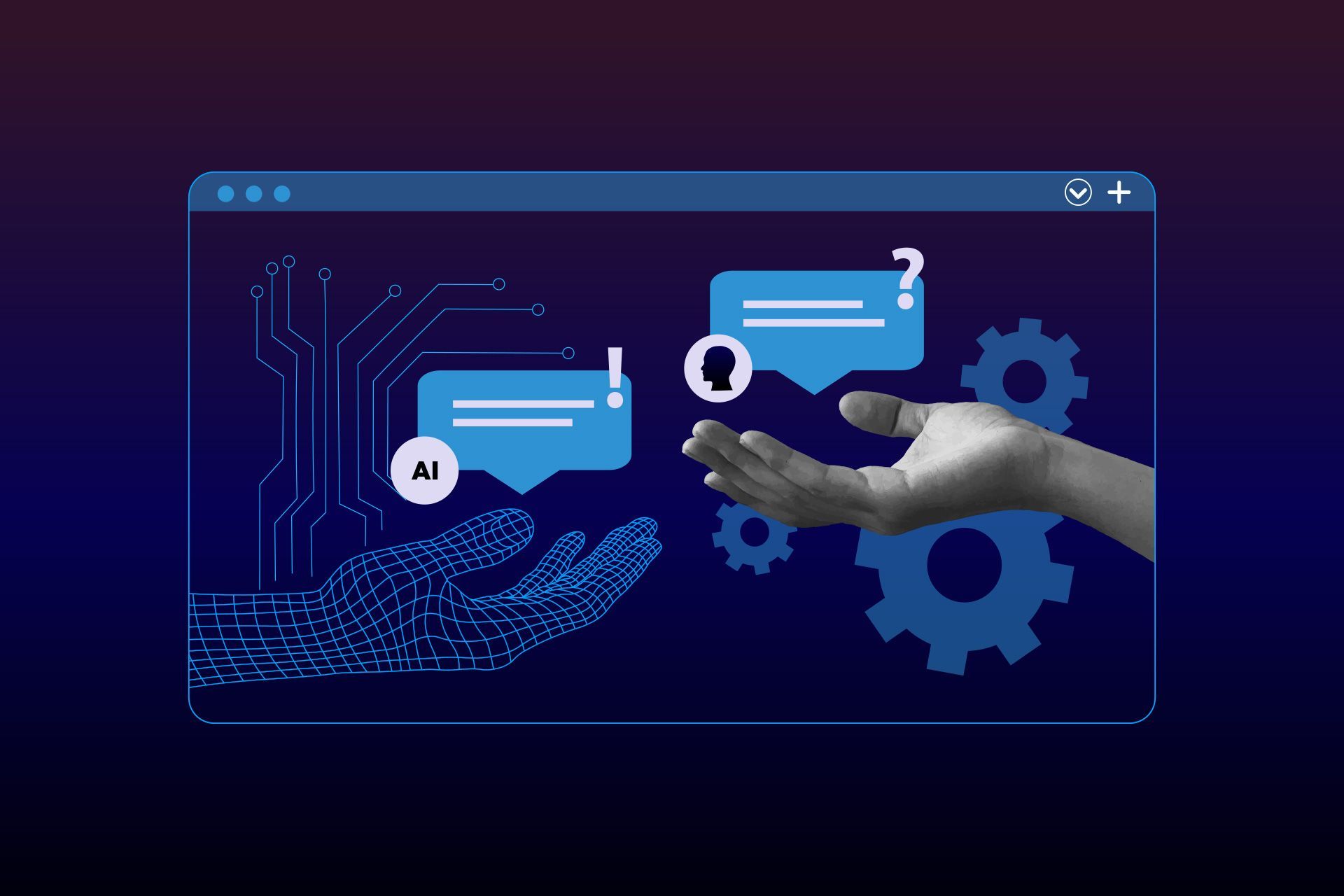Top 7 Benefits of AI Chatbots for Healthcare

Artificial Intelligence (AI) is changing how many industries work, and healthcare is one of the biggest areas seeing results. One of the most useful tools today is the
AI chatbot for healthcare. These digital assistants are more than simple question-answer bots. They can provide medical guidance, support patients, and help doctors and nurses save valuable time.
If you’ve ever waited on hold with a clinic or searched endlessly online for health information, you know how frustrating it can be. AI chatbots solve these problems by bringing speed, accuracy, and convenience to patients and providers.
In this article, we’ll explore the top 7 benefits of AI chatbots in healthcare, share real-world examples, highlight challenges, and answer common questions.
1. 24/7 Support for Patients
Health concerns don’t follow business hours. People get sick late at night, over weekends, and during holidays. Not every clinic has staff available at all times—but AI chatbots do.
An AI healthcare chatbot can:
- Provide
instant answers to common questions about symptoms, medications, or next steps.
- Guide patients toward the right care, whether that’s urgent care, scheduling a checkup, or visiting the ER.
- Offer peace of mind
when professional help isn’t immediately available.
For example: A patient unsure about whether to take their medication after missing a dose can ask the chatbot and get safe, clear guidance within seconds.
2. Quick and Reliable Information
The internet is full of medical advice, but much of it is overwhelming—or worse, incorrect. AI chatbots trained on trusted medical sources provide simple, accurate answers to patient questions.
Instead of digging through articles, patients can ask direct questions like:
- “What are the first signs of the flu?”
- “How long does it take for antibiotics to work?”
The chatbot responds with easy-to-understand answers, saving time and reducing confusion.
3. Less Workload for Medical Staff
Doctors, nurses, and administrative teams often spend hours answering repetitive questions or managing appointments. Chatbots take over these routine tasks, including:
- Booking, canceling, or rescheduling appointments.
- Sending reminders about upcoming visits.
- Answering insurance or billing FAQs.
- Sharing clinic hours and directions.
By automating these tasks, medical staff can focus on what matters most: treating patients.
4. Personalized Patient Care
Every patient has unique health needs. With secure use of patient data, AI chatbots can create a personalized experience, such as:
- Sending medication reminders.
- Suggesting healthy habits based on a condition (like diet tips for diabetes).
- Tracking daily symptoms for chronic illnesses.
- Providing recovery steps after surgery.
This kind of personalized support helps patients stay on track with treatments, leading to better results and stronger connections with their care team.
5. Mental Health Support
Mental health is a growing concern, and many people hesitate to seek help. Chatbots provide a safe first step toward support.
They can:
- Check in on a patient’s mood daily.
- Offer calming exercises like deep breathing or meditation.
- Share mental health resources.
- Suggest connecting with professional counselors when needed.
While chatbots are not a replacement for therapy, they offer comfort and guidance in moments of stress, anxiety, or loneliness.
6. Cost Savings for Patients and Providers
Healthcare costs are high, and much of that expense comes from handling simple, non-urgent tasks. Chatbots reduce costs by managing routine interactions without needing staff involvement.
For providers:
- Fewer
phone calls = less admin time.
- Automated scheduling = fewer no-shows.
For patients:
- Shorter wait times.
- Lower administrative costs.
Over time, AI chatbots can help make healthcare more affordable and efficient.
7. Data Insights for Better Care
AI chatbots don’t just chat—they collect valuable (and secure) data. This information helps healthcare providers understand trends and improve services.
Examples include:
- Spotting common symptoms in a community.
- Tracking seasonal illnesses like flu spikes.
- Identifying patients who need follow-ups.
- Measuring how effective treatments are.
With these insights, healthcare systems can predict needs, improve care, and even prevent illnesses before they spread.
Real-World Examples
Many hospitals already use AI chatbots successfully:
- COVID-19 screening: Some health systems deployed chatbots to ask patients about symptoms before visiting a clinic, reducing exposure risks.
- Post-surgery recovery: Chatbots guide patients through daily recovery steps, ensuring they follow instructions correctly.
- Appointment management: Clinics use chatbots to cut down wait times and missed visits.
These examples prove that chatbots are not just a trend—they’re transforming healthcare today.
Challenges to Keep in Mind
While AI chatbots offer many benefits, they are not perfect. Some challenges include:
- They cannot replace doctors or nurses.
- Patients may misunderstand advice if they ask vague questions.
- Privacy and data security require strict safeguards.
That’s why AI chatbots work best as a support tool alongside medical professionals, not as a replacement.
Final Thoughts
AI chatbots are revolutionizing healthcare. From reducing wait times and lowering costs to improving patient support and providing real-time insights, these tools are becoming essential in modern medical care.
While they can’t replace doctors, they make healthcare faster, more accessible, and more patient-friendly. As technology continues to grow, chatbots will only become smarter and more helpful.
If you’re ready to see how AI chatbots can transform your healthcare practice, explore ChatArm AI chatbot solutions today.
FAQs About AI Chatbots in Healthcare
Can AI chatbots diagnose illnesses?
No. They can suggest possible conditions or next steps, but only licensed doctors can diagnose and treat medical conditions.
Are healthcare chatbots safe?
Yes, when developed by trusted providers, they use secure systems and follow medical guidelines for accuracy.
Do chatbots replace doctors or nurses?
Not at all. They reduce staff workload by handling repetitive tasks, but real medical care still requires humans
Can AI chatbots handle emergencies?
No. In emergencies, patients should call 911 or go to the nearest hospital. Chatbots may suggest urgent action, but they cannot deliver emergency care.
How do healthcare chatbots protect patient data?
Most follow strict privacy rules like HIPAA. Data is encrypted and stored securely to keep patient information safe.
Can healthcare chatbots support mental health?
Yes, they can check in on moods, share coping exercises, and connect patients with professional resources.
Are AI chatbots affordable for small clinics?
Yes. Many chatbot solutions are designed for clinics of all sizes, helping even small practices save time and money.
Disclaimer: The information on this website and blog is for general informational purposes only and is not professional advice. We make no guarantees of accuracy or completeness. We disclaim all liability for errors, omissions, or reliance on this content. Always consult a qualified professional for specific guidance.






